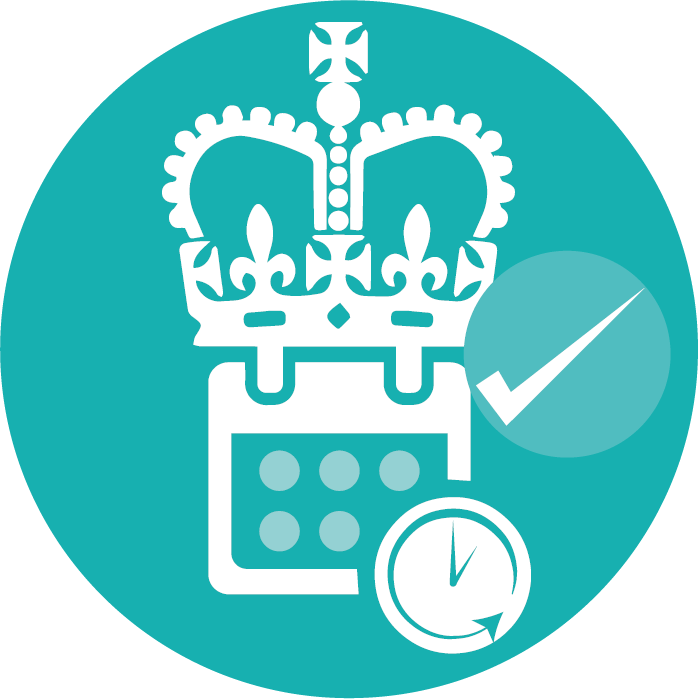Some careful consideration can help minimise your capital gains bill this year.
Everyone has an annual CGT exempt amount, which in 2022/23 makes the first £12,300 of gains free of tax.
CGT is payable when you sell an asset, or gift it to a family member, and there has been an increase in the value of the asset.
Most gains above the exempt amount are taxed at 10%, with 20% payable on gains that exceed this limit. Residential property gains are taxed at 18% and 28%.
You should generally aim to use your annual exempt amount by making disposals before the end of each tax year. If you have already made gains of more than £12,300 in this tax year, you might be able to dispose of loss-making investments to create a tax loss. This could reduce the net gains to the exempt amount.

CGT planning points
- Transferring assets between married couples or civil partners before disposal might save CGT. Particularly where one partner has an unused exempt amount: has not fully used their basic rate tax band or has capital losses available. You should generally leave as much time as possible between the transfer and the disposal.
- CGT is normally payable on 31 January after the end of the tax year in which you make the disposal. You could delay a major sale until after 6 April 2023 to give yourself an extra 12 months before you must pay the tax. Note: a payment on account of CGT must be made within 30 days of a residential property disposal (other than of an exempt principal private residence). Therefore, no timing advantage to delaying such a disposal.
- Timing your disposals is particularly important if disposals in this tax year have resulted in a net loss. Depending on the level of your income, making a disposal either side of the tax year end could save or cost you tax.
- Shareholding or another chargeable asset might have lost virtually all value. If so, you can claim the loss against your capital gains without disposing of the asset by making a negligible value claim. You can backdate the loss relief to either of the two tax years before the one in which you make the claim – provided you owned the asset in the earlier year, and it was already of negligible value.
 Business and shareholder valuations
Business and shareholder valuations  Family investment companies
Family investment companies  Inheritance Tax Planning
Inheritance Tax Planning  Personal allowances and tax reliefs
Personal allowances and tax reliefs  Residential property
Residential property  Self-assessment tax return
Self-assessment tax return  Funding Matters
Funding Matters Tax Planning + Advice
Tax Planning + Advice Strategy + Planning
Strategy + Planning Accounts, Bookkeeping + Payroll
Accounts, Bookkeeping + Payroll